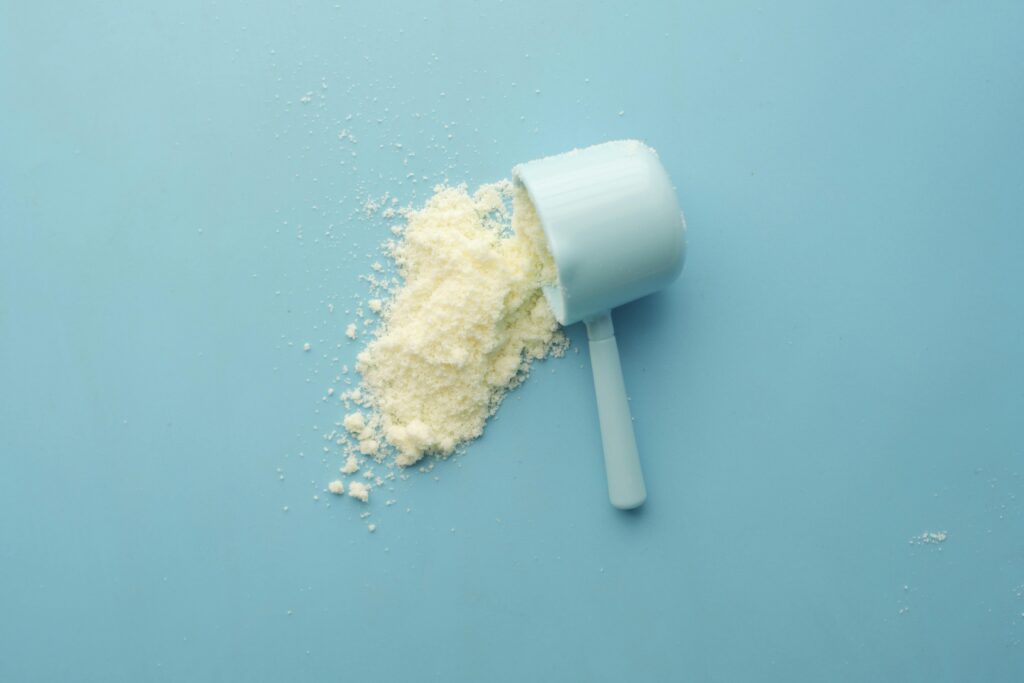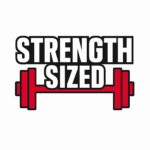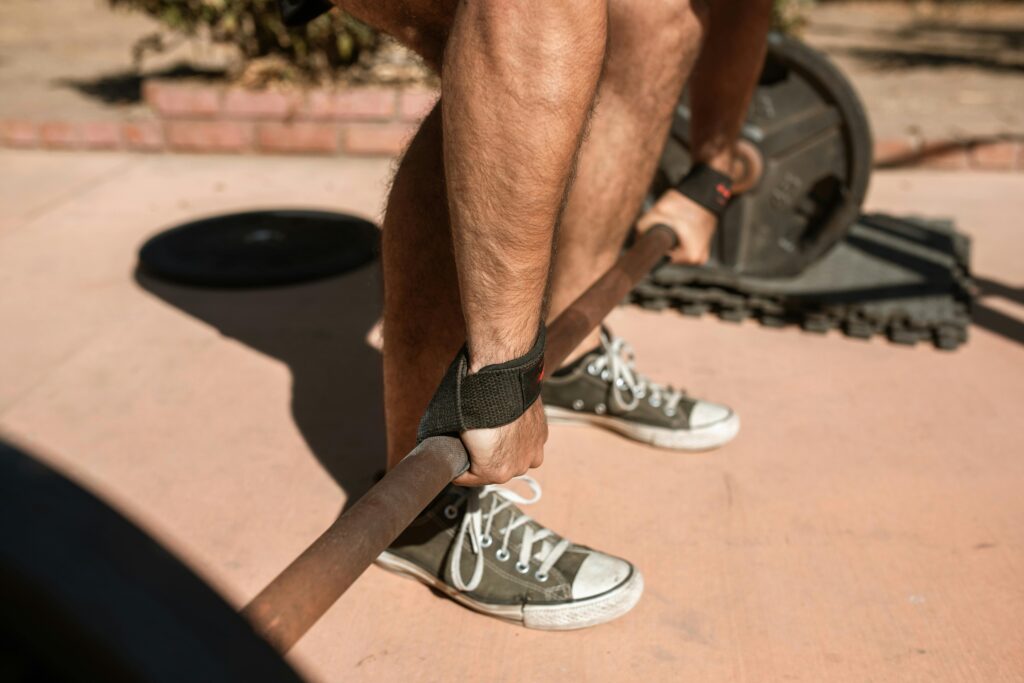Walk into any supplement store and you’ll find shelves packed with powders, pills, and promises. But if you’re new to lifting or just trying to get stronger, the real question is simple: do you actually need supplements for strength training?
This guide cuts through the hype and breaks down which strength training supplements are worth considering—and which ones you can skip entirely.
As an Amazon Associate, we earn from qualifying purchases. This helps support the site at no extra cost to you.

You Don’t Need Supplements to Build Strength
Let’s get this out of the way first:
If you’re training consistently, eating enough calories, sleeping well, and following a solid program, you’re already 90% of the way there. Supplements might help a little, but they’re not a shortcut.
If your diet is solid, you don’t need any of them. That said, some can make reaching your goals more convenient.
The Only Two Worth Considering (for Most Lifters)
1. Whey Protein (or another quality protein supplement)
- Why it helps: Makes it easier to hit your daily protein target, especially post-workout or when you’re on the go.
- Do you need it? No. But if you struggle to eat enough protein from whole foods, it’s a simple fix.
- What to look for: Whey isolate or concentrate, minimal ingredients, no sugar-loaded blends.
- Tip: Try to get most of your protein from real food. Use shakes as backup—not the foundation.
Bonus tip: If you get unflavored whey protein, you can flavor it yourself with for example some cocoa powder, fruit, or drink it as is (it doesn’t taste much of anything). This way you avoid artificial flavorings and sweeteners that are often abundant in protein powders.
2. Creatine Monohydrate
- Why it helps: Backed by decades of research. Increases strength, improves high-intensity performance, and may support muscle growth (ISSN Position Stand).
- Do you need it? Still no—but if you’re looking for a cheap, effective boost, this is your best bet.
- How to take it: 3–5 grams daily, any time of day. No need to cycle or “load” (Research Review).
- Side effects: Possible mild bloating when starting. That’s it.
Bonus tip: There are different types of (expensive) creatine and creatine gummies the supplement companies would love to sell to you. Just get a bag of pure, regular creatine monohydrate and you’re good to go. It’s just as effective and won’t break the bank.
Should women use creatine?
Absolutely. Creatine isn’t just for men or bodybuilders. It’s one of the most researched and proven supplements for improving strength, high-intensity performance, and recovery—and it works just as well for women.
Some women worry it will make them look bulky, but creatine doesn’t build muscle on its own. It simply helps you train harder and recover better. The only side effect some notice is a small amount of water retention in the muscles, which is temporary.
If you lift weights, do high-intensity training, or just want to support your performance, creatine is safe and effective to include in your routine.
Creatine FAQ
Supplements That Aren’t Worth It (for Most People)
Not every powder with a flashy label deserves your money. Here are a few supplements that most lifters can skip entirely:
Pre-Workout Blends
- Usually just caffeine and things that you don’t really need.
- If you want a boost, a cup of coffee or an energy drink will do the trick.
BCAAs
- Pointless if you’re eating enough protein.
- Your body breaks down complete proteins into all the amino acids it needs.
Beta-alanine
- Beta-alanine can help with high-rep endurance work, but unless you’re training for specific performance goals, it’s not essential.
Test Boosters / Fat Burners
- Overhyped, underwhelming, and often expensive.
- Want more testosterone? Sleep more and eat better.
How to Decide if You Need Supplements for Strength Training
Before you spend money on tubs of powder, ask yourself a few questions:
- Are you consistently hitting your calorie and protein targets? If not, focus there first. Supplements can only help if the basics are already covered.
- Do you have specific dietary restrictions? If you’re vegan or have trouble digesting certain foods, a protein powder might be more useful.
- Is convenience a challenge? Some people struggle to get enough protein because of busy schedules. In those cases, a shake can be a practical solution.
- Are you already seeing progress without supplements? If your lifts are going up, your recovery feels solid, and you’re getting stronger, you probably don’t need to change anything.
Remember, supplements are called that for a reason: they supplement your diet and training, not replace them. For most lifters, prioritizing good nutrition, smart programming, and enough rest will get you 90% of the results you’re after.
What Matters More Than Any Supplement
- Hitting your protein target (~1.3–2 g/kg bodyweight) [source]
- Sleeping at least 7–8 hours a night
- Training with progressive overload
- Eating enough calories to fuel performance and recovery
Final Thoughts
If you want to get stronger, supplements should be the last thing you think about—not the first. No powder or pill will fix a bad diet, poor sleep, or inconsistent training.
Focus on real food, quality sleep, and smart lifting. Once those are locked in, maybe add whey protein and creatine. That’s it.
Want more beginner training advice? Check out our guide to beginner lifting mistakes.


